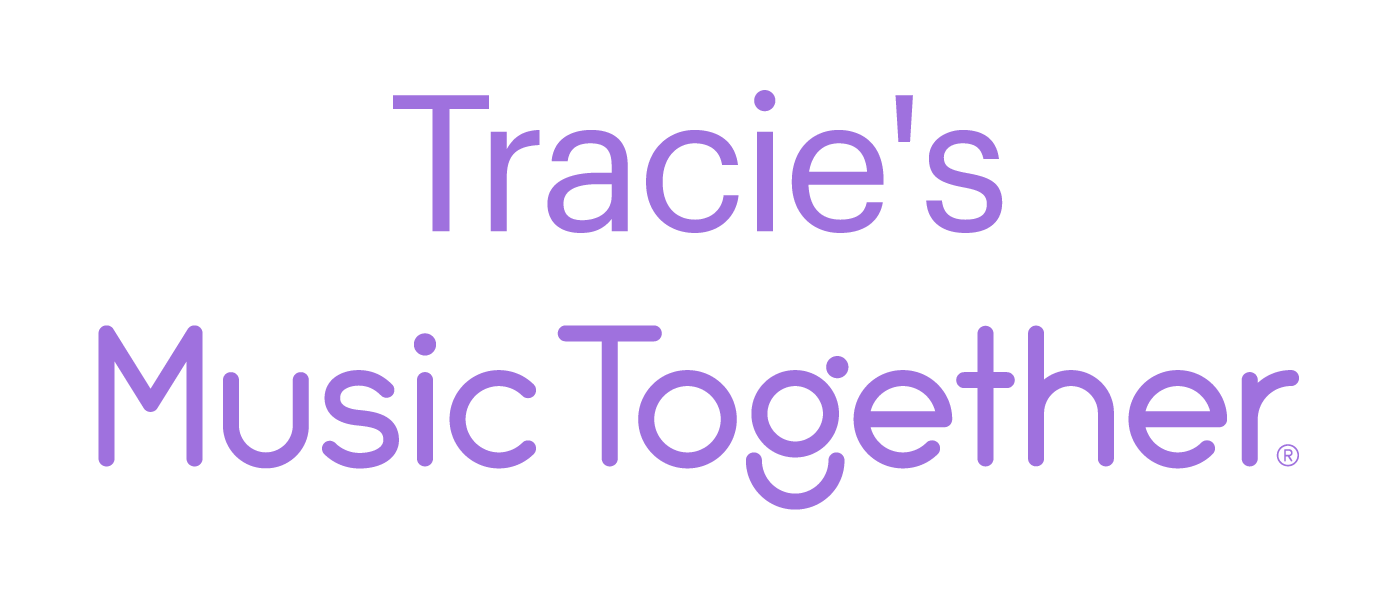|
|
|
|
|
|
Music Makes Them "Smarter"!
Music education in early childhood can make you "smarter" by enhancing brain development across several key areas. Here's how:
Cognitive Development:
Learning music stimulates areas of the brain involved in language, memory, and spatial reasoning. Studies show that children who receive music instruction often perform better on tasks that require problem-solving, pattern recognition, and critical thinking.
Language Skills:
Music and language processing share similar neural pathways. Exposure to rhythm, melody, and sounds sharpens listening skills, improves pronunciation, expands vocabulary, and even strengthens early reading skills.
Mathematical Abilities:
Music is highly mathematical — rhythms, time signatures, and musical structures rely on counting and patterns. Learning music can build an intuitive understanding of fractions, ratios, and proportional reasoning, which lays groundwork for math achievement.
Memory and Attention:
Playing an instrument or singing requires active listening, memory retention, and attention to detail. Early music training has been linked to improvements in working memory (holding and manipulating information) and sustained attention.
Motor Skills and Coordination:
Playing instruments, clapping, or dancing to music refines both gross and fine motor skills. This kind of physical coordination is essential not just for sports, but for handwriting and everyday activities.
Emotional and Social Intelligence:
Group music-making encourages cooperation, empathy, and communication. It also helps children understand and regulate emotions — all important aspects of social intelligence, which is a key part of being "smart" in life beyond academics.
Creativity and Innovation:
Music nurtures creativity by encouraging children to express themselves, improvise, and think outside the box — skills critical for innovation in any field.

